Fifteen Minutes of Fame
Mirel Iancovici
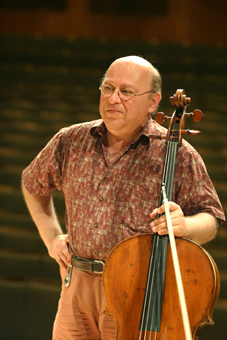
Mirel Iancovici, cellist, teacher, composer, arranger and conductor, was born in Romania. After studying under Serafim Antropov in Bucharest Conservatory and completing with Radu Aldulescu and Paul Tortelier, he won many important international competitions such as: "Gaspar Cassado" Florence, Italy - the First Prize and several special prizes; "Imperial Tobacco Cello Competition" Bristol, U.K. - the First Prize and Gold Medal; "Pablo Casals Centenary" Barcelona, Spain - the First Prize. Since then his concert and recital schedule has commanded extensive travel throughout Europe, the United States and Far East as well Radio/TV recordings and records for Electrecord, Attacca, Albany etc. From 1997 he is the artistic director of ’Schubert & Co.’’ Chamber Music Concert Series in Maastricht (Netherlands) and the founder and leader of I Multicelli.
He has performed in Carnegie Hall, Concertgebouw Amsterdam, Lincoln Center New York, Philharmonie Berlin, Palau de la Musica Barcelona, Kennedy Center Washington, Royal Festival Hall, Wigmore Hall, in Festivals such as "Y. Menuhin Festival" Gstaad, "Upper Galilee Chamber Music Days" Israel, "G. Enescu Festival" Bucharest, Kuhmo (Finland) etc. collaborating with such distinguished artists as such as Claudio Abbado, Philippe Entremont, Herman Krebbers, Silvia Marcovici, Raphaël Oleg, Gennady Rozhdestvensky, Yoav Talmi, Paul Tortelier, Han de Vries, Gerard Wyss.
As a passionate advocate and promoter of contemporary music Mirel Iancovici has created many compositions written and dedicated to him by distinguished composers from all of the world.
Mirel Iancovici, a much saught-after teacher and educator, is currently Professor of Violoncello at the Maastricht and Fontys Conservatory (Holland) and has given master classes in France, Germany, Italy, Ireland, Holland, Poland, Romania, USA and South Korea.
Concert Date
- August 22, 2015 - Zutphen, the Netherlands
- December 4, 2015 - Maastricht, the Netherlands
15 one-minute selections for Mirel Iancovici
15 one-minute selections for Mirel Iancovici
-
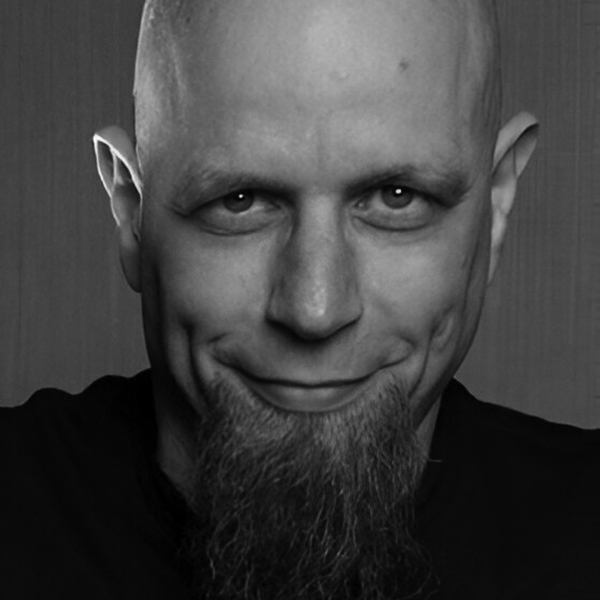
Sparse
Rodrigo Baggio
"Enjoy the silence... through the strings of the cello".
Rodrigo Baggio is a guitarist and composer from São Paulo, Brazil. His music has been performed in many cities around the world such as São Paulo (Brazil), Paris (France), Quebec (Canada), Bremen (Germany), London (England), Bucharest (Romania), Vermont, New York and Washington DC (USA). As a performer, he has played concerts in different countries of the globe.
-
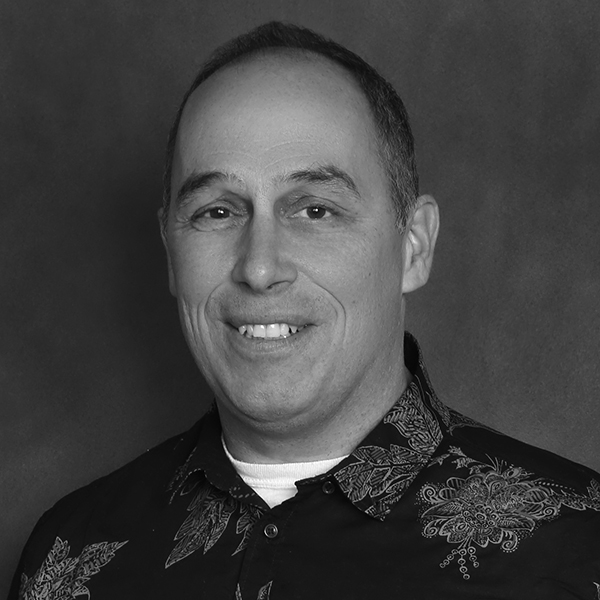
Je Suis Charlie
Douglas DaSilva
While composing Je Suis Charlie as an exploration of silence, I thought of the recent events unfolding in Paris over the last couple of days. If this piece makes a statement, it is Our silence must not be coerced; but must come from within.
Composer, guitarist, educator, filmmaker, Douglas DaSilva composes in various styles including jazz, pop and chamber music. Much of his writing is influenced by Brazilian music and self-inflicted stress. His extensive work with children keeps him sane; giving him the opportunity to share his love for music with future generations.
-
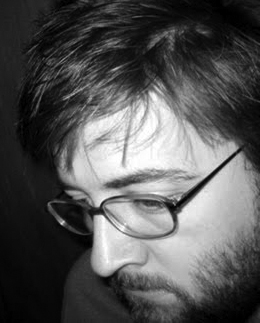
Deafening Silence
David Morneau
Sometimes silence is not possible. Instead, one can make a tremendous noise, drowning out all other sounds, to create a loud silence.
David Morneau is a composer of an entirely undecided genre, a provider of exclusive unprecedented experiments. In his work he endeavors to explore ideas about our culture, issues concerning creativity, and even the very nature of music itself.
-
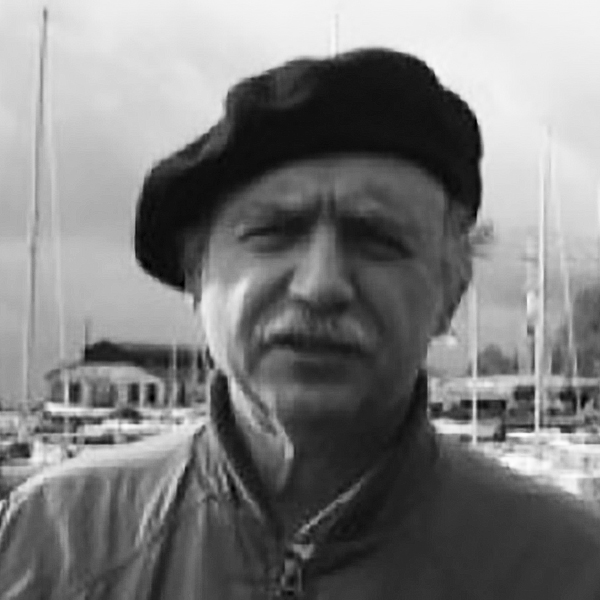
Tuulen viemää
Teodor Nicolau
Like a dream
Like the wind
Unreal
Pulsating
The Finnish-Romanian composer, violinist and conductor Teodor Nicolau was born in Turda - Romania. He studied violin in Cluj and than in Bucharest's Music Academy where he received his graduation diploma at Avy Abramovich's violin class in 1971; he also studied violin in France with Christian Ferras. Between 1976-1979 he studied at conductor's class of J. Panula at "Sibelius Akatemia" in Helsinki, Finland, and in 1977 followed the master-classes of Sergiu Celibidache in Germany.
-
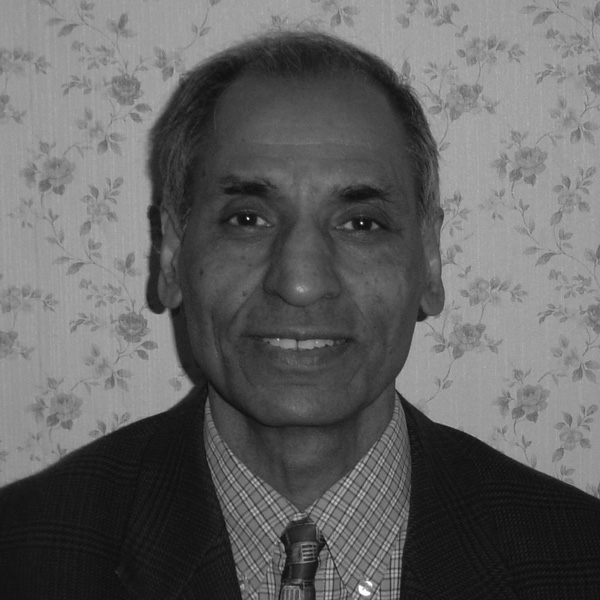
Silence Interrupted
Akmal Parwez
'Silence Interrupted' explores the idea of juxtaposed sound and silence and was inspired by the well-known Haiku, "The Frog", by Matsuo Basho. It talks about an old pond that lies dormant, until a frog jumps in, creating a loud splash, thus announcing the existence of the pond. The work was created for Mirel Iancovici.
While studying electronics in Tokyo, composer-vocalist Akmal Parwez studied composition with Yasushi Akutagawa and Klaus Pringsheim. After completing his university studies (BE, ME), he felt compelled to devote his life to music. In the U.S. he studied composition with Florence Jolley, Leo Kraft and Samuel Adler(MA, Queens College; PhD, Eastman).
-
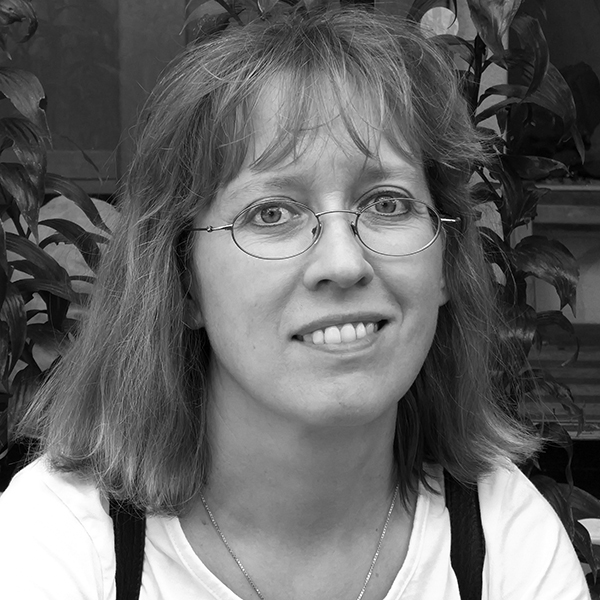
Away!
Ksenia Prasolova
SILENTIUM! Seal thou thy lips, to none impart The secret dreams that fill thy heart. Within it let them blaze and die As do the silent stars on high When o'er the earth night's shadows stray... Delight in them - and silent stay. FYODOR TYUTCHEV (1830)
Ksenia Prasolova studied composition and orchestration at the Gnesins Russian Academy of Music with Andrei Golovin, graduating in 1995. Among her works are the opera "Temptation","Circle of Happiness" for Orchestra, Five Canons for Two Clarinets, Duet for Cello and Piano,compositions for piano, voice and choir.
-
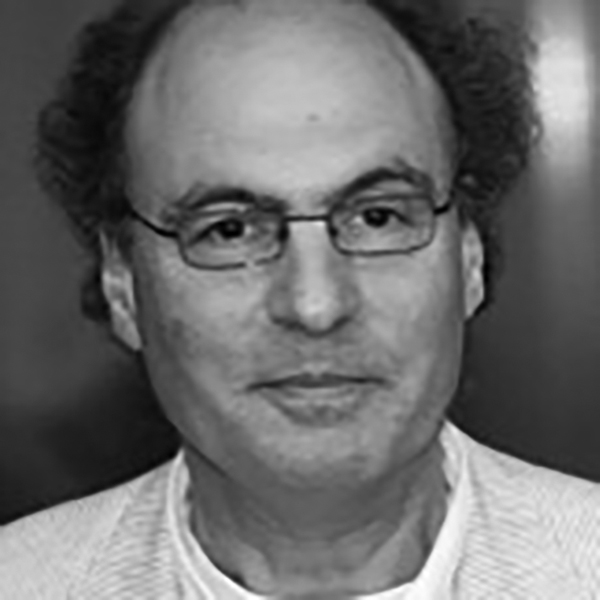
Je suis un musicien
Leo Samama
Je suis un musicien (2015) for violoncello solo was written in the afternoon of January 31st, 2015, shortly after the attack on Charlie Hebdo in Paris. Many people decided after this to wear a badge or carry a banner with 'Je suis Charlie'. In the Netherlands the arts have been cut by the government on still quite questionable grounds by some 40%. This was a severe attack too (artists suddenly were considered lazy and unnecessary misusers of collective monies...). Thus 'ʹJe suis un musician'ʹ has a double meaning. It is written for and dedicated to my friend Mirel Iancovici.
Composer Leo Samama was since its creation the chief artistic council of Tenso Network Europe. Until July 2010, he was general manager of Tenso member Nederlands Kamerkoor, and as such, he was one of the founding members of the network. Samama studied musicology and composition with Rudolf Escher. He taught at the Utrechts Conservatorium and the University of Utrecht, wrote music critiques for Dutch national newspaper De Volkskrant, and still publishes frequently in other journals and magazines. He is the author of several books about Dutch music, among which the recently appeared 'Diepenbrock, componist van het vocale' (Diepenbrock, composer of vocal music, Amsterdam University Press 2012, with an enlarged English version in 2018 at Toccata Press) and 'Dutch music in the twentieth century' (Amsterdam University Press 2006). Several series of his lectures on music and composers have appeared on cd, such as the lectures on Debussy, Schubert and others. He was artistic coordinator of the Residentie Orkest and general manager of the Nederlands Kamerkoor. His music has been performed by ensembles and choirs in and outside the Netherlands. In October 2012, the Nederlands Kamerkoor premiered his work 'De Zee' (The Sea) during their jubilee concerts.
-
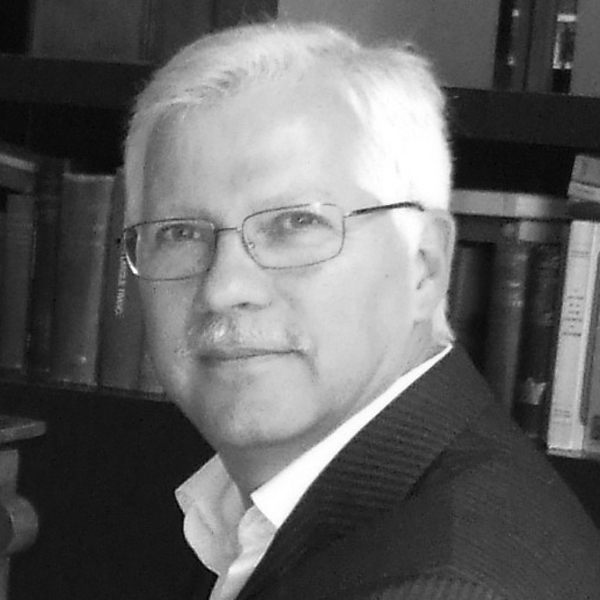
Au nom du silence
Louis Sauter
"Au nom du silence" (In the Name of Silence) emerges in a dissonant tremolo that rises and gives way to a theme based on the word "Silence". This is accompanied by a soft drone which eventually grows stronger, and the theme is repeated in a distant and hesitant pizzicato. The music then softly fades away.
Louis Sauter is a French musician, born on 18 September 1955 in Rome, New York. Before his retirement, he also worked as an electrical engineer, and began his scientific career performing research in speech processing and multimedia, before evolving towards management and consulting. He was the project manager of the Planck HFI Ground Segment, part of an astrophysics mission the spectacular results of which have enriched our understanding of the universe. His engineering work has at times been involved with music, most notably in a project with IRCAM and as a consultant for a national Opera House. A mostly self-taught musician, he nevertheless benefited from the advice of great masters. He met Olivier Messiaen several times, and sharply remembers attending his musical analysis class on the Rite of Spring. He more recently improved his composition and orchestration skills with Ricardo Nillni. As a pianist, he specially enjoys playing chamber music and accompanying singers. As a tenor in the Pasdeloup and Orchestre Colonne Choirs, he sang in Salle Pleyel, the Chartres Cathedral and the Palais Omnisports de Bercy (an audience of over 13,000 people) as well as for French Television and for the recording of several CDs. He has composed over a hundred works for solo instruments, voice, chamber ensembles and symphonic orchestra. His compositions have been recorded and performed by professional musicians in concert halls as well as by students in music schools, throughout Europe and the Americas, as well as in Nigeria, South Africa, Israel, Australia, China, Korea and Japan. His arrangement of Gershwin’s Rhapsody in Blue was performed at Carnegie Hall in September 2018. His trio Las bodas de Helena features in the soundtrack of the short film Argentina which was released in Brazil in 2017.
-
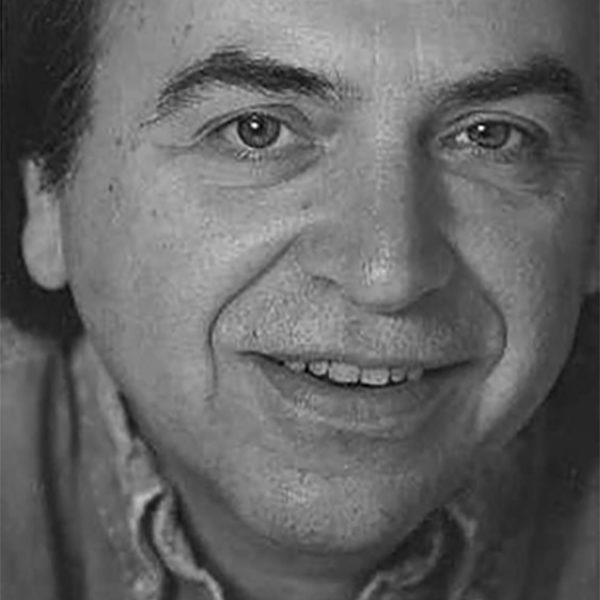
Listen, Hear the Sea
Bob Siebert
This piece......pauses between musical sentences......so that you can contemplate......the sound, sight,& feel of the surf...and the sea..........
I received my BM and MM Music Degrees from Manhattan School of Music, and have been a performer/composer/teacher in the New York area for the past thirty five years. My music runs the gambit from pop influenced electronic realism through reinvented jazz standards to experimental electronic pieces and improvisations for the African thumb piano. My work can be found on iTunes, YouTube, and cdbaby.com/bobsiebert Upcoming performances include Experimental music festivals in the metropolitan area and cafe’ venues in Brooklyn and New Jersey
-
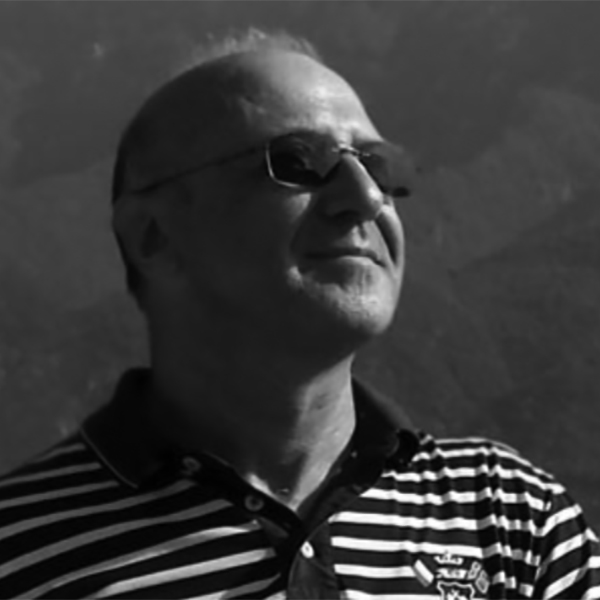
Pause isn't a silence
Slawa Ulanowski
Ulanowski's compositional output includes symphonic works, chamber and choral music, songs, as well as music for theater and film. The composer pays special attention to musical theater (musical, opera, ballet).
-
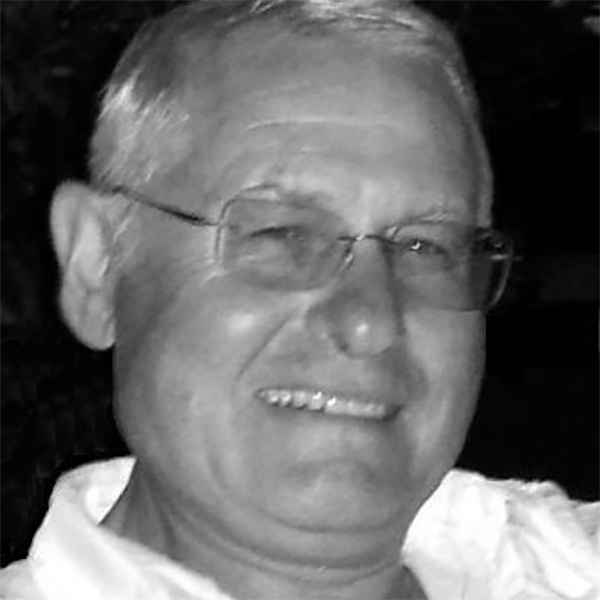
Silenzioso
Jean-Pierre Vial
Among the many Italian phrases used for telling the instrumentalists how to perform a piece, Silenzioso is probably one of the least frequently encountered, whereas it best fits the current program, a Minute of Silence.
Jean-Pierre Vial, born in 1946 near Paris, France, is a former software designer. At an early age, he learned the piano, the organ, and composed several pieces for both instruments. Over the last decade, various soloists, small ensembles, or orchestras have performed his music worldwide.
-
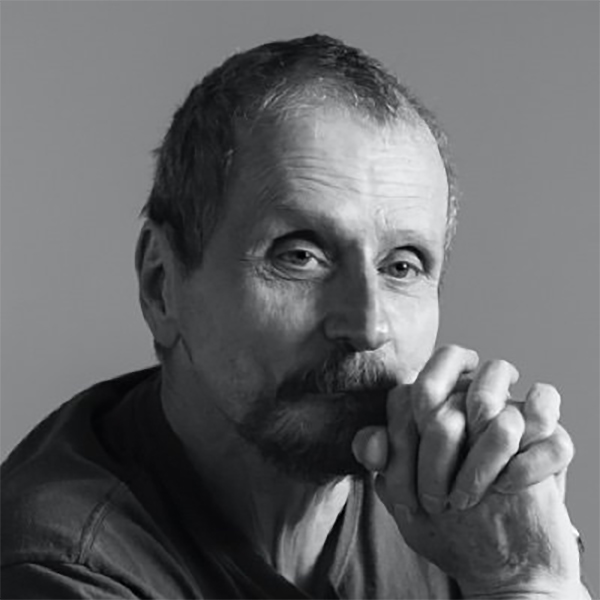
Where are you?
William Vollinger
Pizzicato: When we fall into self-consciousness we hide in fear from God. Arco: But God loves us more than our self-consciousness and calls to us. Arco: When we finally feebly answer His call He restores us to Him. Where are YOU?
William Vollinger’s music has been described as “3D: different, direct and deep.” He seeks new ways to combine words and music. He has been declared an “honored artist” by the American Prize, including first prize for “The Child in the Hole” and several other judge’s citations.
-
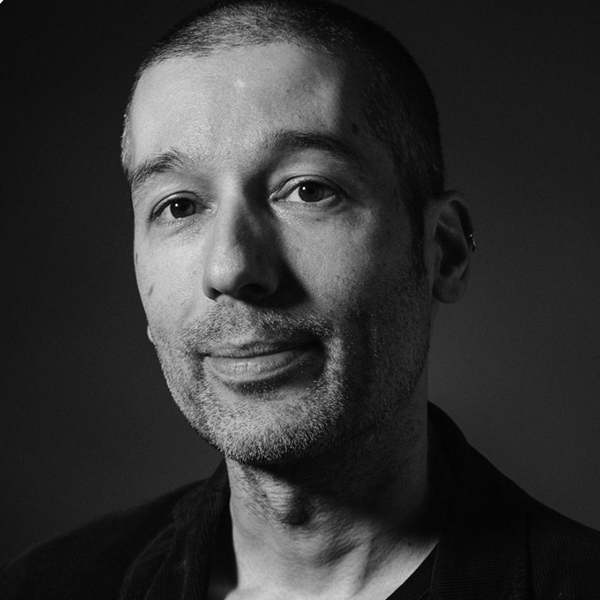
Hvezda
Robert Weirauch
The brightness of the star, reflected on the snowy landscape, gradually obscures our vision.
Robert Weirauch (born 1974) studied piano and composition at Conservatorium Maastricht, with Tonie Ehlen and John Slangen respectively. From 2006 he has been working at Conservatorium Maastricht as a piano coach, accompanying mainly wind players and singers. He also plays piano and celeste with Philharmonie Zuidnederland and performs chamber music and song recitals.
-
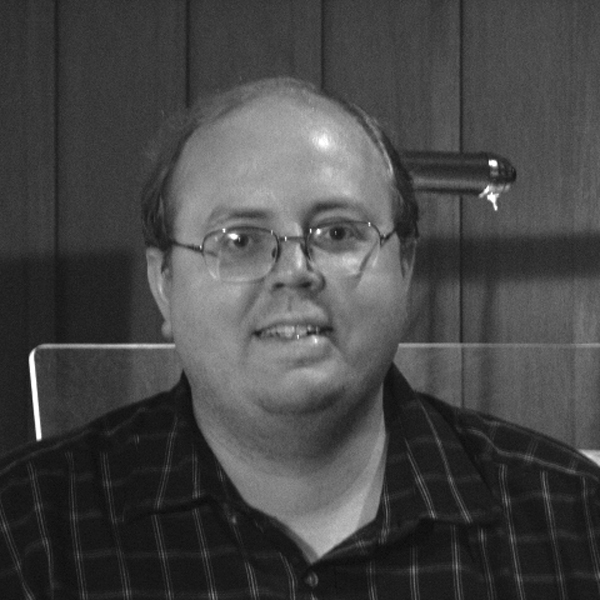
God Calls, We Answer
Christopher M. Wicks
"God Calls, We Answer..." -- my piece is a reminder that there is no speech without a receiving silence, and no communication without a response, even a tacit one. My piece unfolds in ten musical gestures -- godly pronouncements, if you will -- with nine contemplative silences interspersed.
Christopher M. Wicks holds a MM in composition from the University of Montreal, where he studied under Isabelle Panneton. He is a Fellow of the American Guild of Organists, the highest level of professional certification offered by that organization. He is the organist at Christ the Good Shepherd Lutheran Church in Salem, Oregon.
-
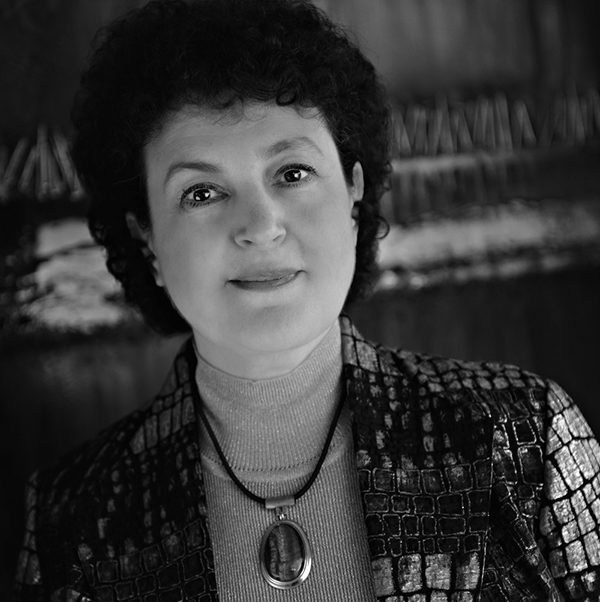
Meditation
Margarita Zelenaia
Writing the “Meditation” became some kind of challenge, and, at the same time, a very rewarding experience for me: it reminded me the timing-mood-idea-emotion you should be able to put into a short piece that could be related to the music for the particular moment of the movie.
Versatile in genre, the music of Margarita Zelenaia defies stylistic boundaries and ranges from operatic and chamber works, to musical theater and art songs. Without prejudices and stereotypes in her writing, Zelenaia possess a rare ability to infuse her music with humor and lyrical tenderness, while also producing works of tremendous depth and seriousness. Casting aside the stereotypical mold of a “contemporary” composer, Zelenaia is a strong believer in melody and direct audience communication.